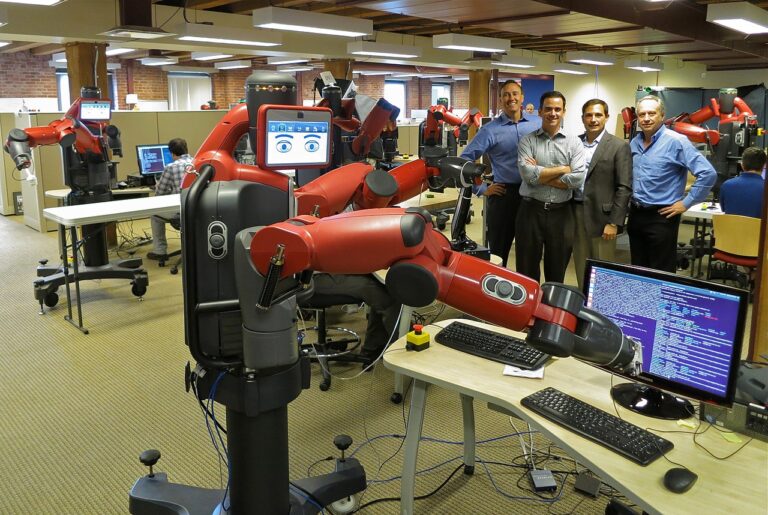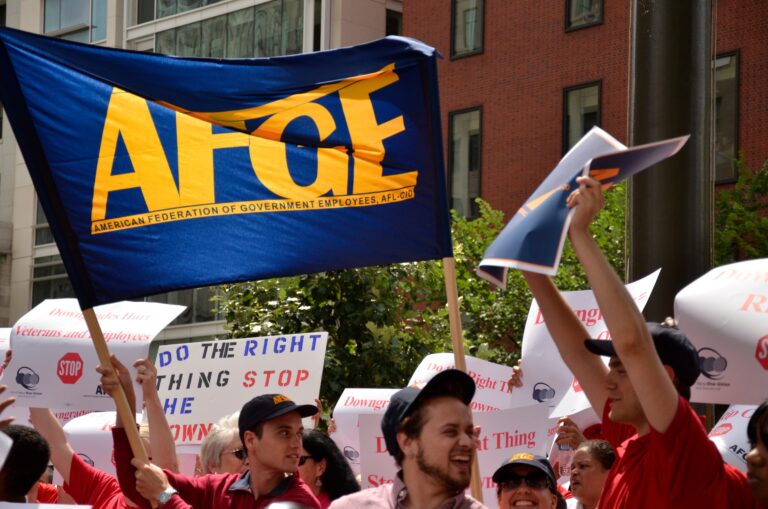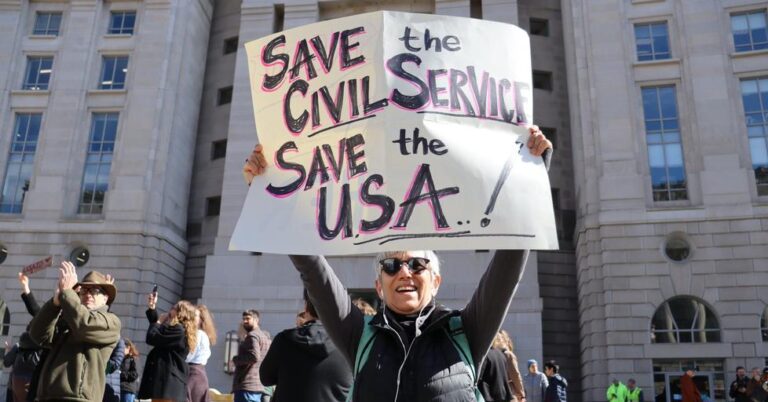Adi Kamdar is a student at Harvard Law School.
USA Today has a survey of what will happen to worker pay and benefits in 2017. The short version: States may continue to raise minimum wages, and there’s a small chance the federal minimum wage will rise to $10 an hour. Regarding overtime pay, a federal judge’s potential overturning of the Obama Administration’s mandate may have a dampened effect: “Many businesses already have increased managers’ salaries to the $47,476 threshold to avoid paying overtime or converted salaried staffers to hourly employees so their hours can be tracked for overtime.” The article goes on to predict the future of the joint employer rule, paid family and sick leave, and subsidized child care.
CNBC explores this “staying power” of the overtime rule in some more detail. Despite the lawsuit, the article notes, the rule’s effects were already underway. Compensation information and research company PayScale analyzed over 500 jobs that offered salaries between the new and old thresholds and “found that the number making in between those two numbers dropped sharply over the past two quarters.” Furthermore, 40 percent of the corporate clients of Salary.com, a compensation and software analytics firm, had made raises over the threshold or had reclassified workers.
For those of you into “very wonkish” economics, Paul Krugman at the New York Times has an analysis of trade deficits’ effects on manufacturing jobs. For those of us who are not, his bottom line: “yes, trade deficits reduce manufacturing production and jobs. They played a significant although far from dominant role in manufacturing job losses after 2000.”






Daily News & Commentary
Start your day with our roundup of the latest labor developments. See all
December 5
Netflix set to acquire Warner Bros., Gen Z men are the most pro-union generation in history, and lawmakers introduce the “No Robot Bosses Act.”
December 4
Unionized journalists win arbitration concerning AI, Starbucks challenges two NLRB rulings in the Fifth Circuit, and Philadelphia transit workers resume contract negotiations.
December 3
The Trump administration seeks to appeal a federal judge’s order that protects the CBAs of employees within the federal workforce; the U.S. Department of Labor launches an initiative to investigate violations of the H-1B visa program; and a union files a petition to form a bargaining unit for employees at the Met.
December 2
Fourth Circuit rejects broad reading of NLRA’s managerial exception; OPM cancels reduced tuition program for federal employees; Starbucks will pay $39 million for violating New York City’s Fair Workweek law; Mamdani and Sanders join striking baristas outside a Brooklyn Starbucks.
December 1
California farmworkers defend state labor law, cities consider requiring companies to hire delivery drivers, Supreme Court takes FAA last-mile drivers case.
November 30
In today’s news and commentary, the MSPB issues its first precedential ruling since regaining a quorum; Amazon workers lead strikes and demonstrations in multiple countries; and Starbucks workers expand their indefinite strike to additional locations. Last week, the Merit Systems Protection Board (MSPB) released its first precedential decision in eight months. The MSPB had been […]